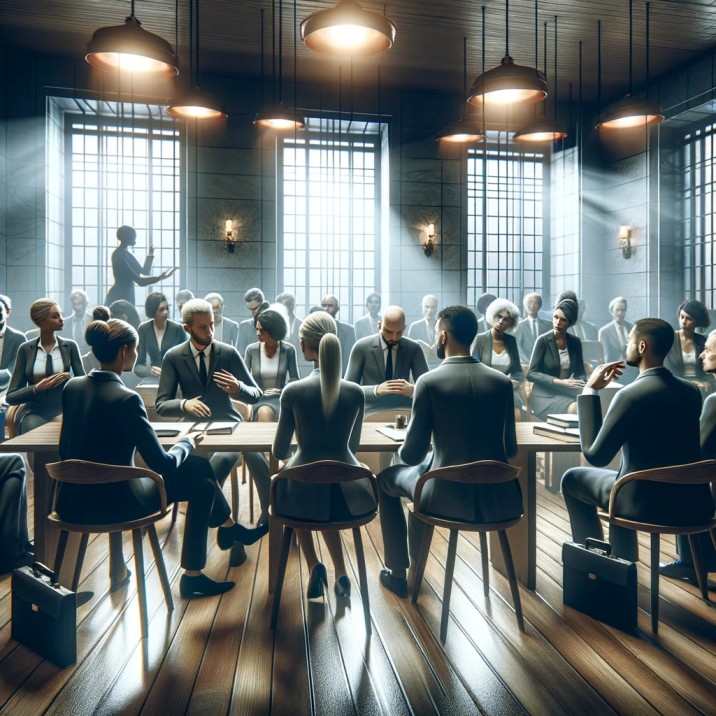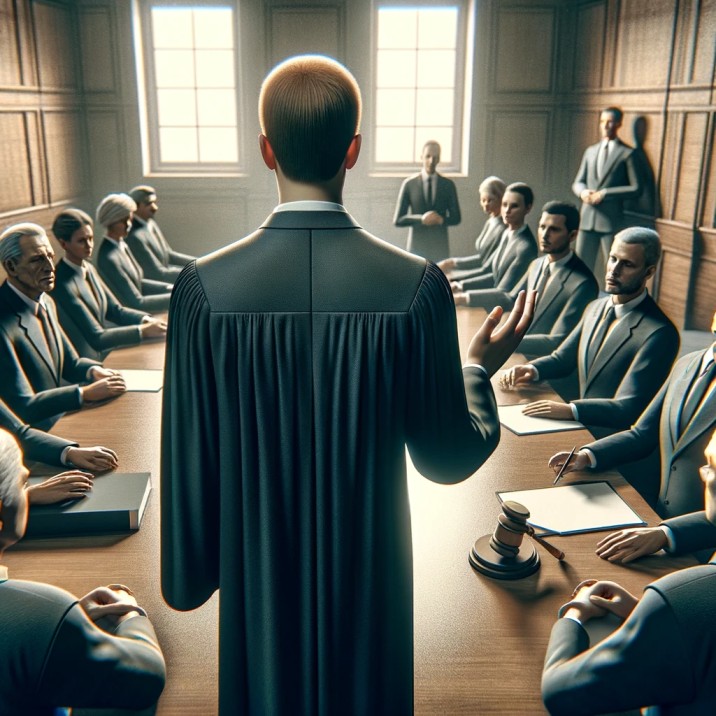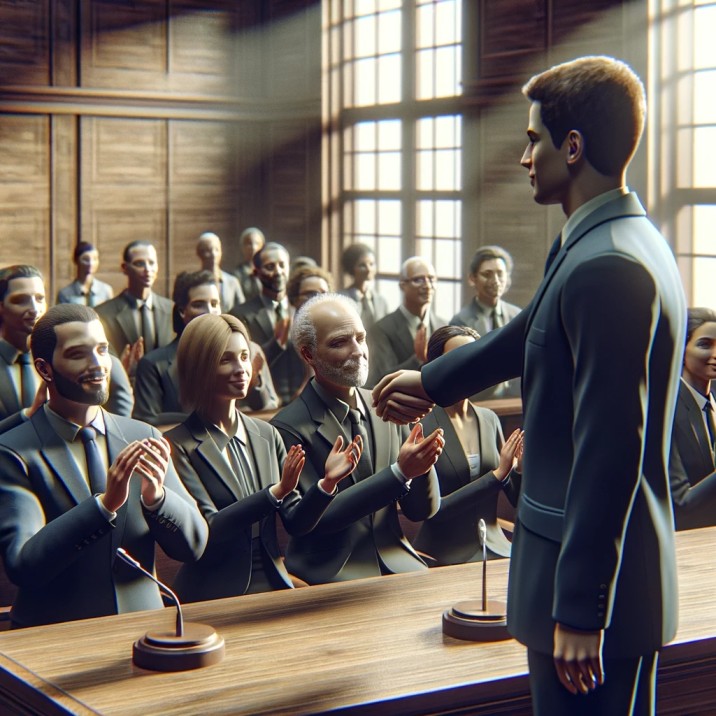Shortest answer for How do they pick a jury foreman? A foreperson in a jury is typically chosen either by a vote among the jurors themselves or appointed by the presiding judge. The selection of a foreperson is a crucial part of the jury process in legal proceedings. This individual plays a significant role in guiding the jury’s discussion and deliberations and often acts as the spokesperson for the jury in the courtroom.
The process of selecting a jury foreperson can vary depending on the jurisdiction and the specific rules of the court. However, it generally occurs at the start of the deliberation phase of the trial, after the jury has heard the evidence and arguments from both sides and received instructions from the judge. The selection is typically one of the first tasks the jury undertakes when they retire to the jury room to begin deliberations.

One common method for selecting a foreperson is through a vote among the jurors. This can be a formal process with written ballots, or it can be a more informal show of hands. Sometimes, if a clear majority for one individual emerges from an initial discussion, that person may be chosen by acclamation. In other cases, particularly when the jurors do not know each other well, they may discuss the qualities needed in a foreperson and who among them best fits that description before voting.
Alternatively, the judge may appoint the foreperson. This is less common and usually happens when a judge believes it is necessary to expedite the process or to avoid conflict among jurors. The judge may select a juror who seems well-organized, articulate, and capable of leadership, but this practice varies widely.
The role of a foreperson in a jury is multifaceted. They are responsible for facilitating discussions among the jurors, ensuring that every juror has a chance to speak and that deliberations remain focused and orderly. They may also be responsible for organizing votes on the verdict and for communicating the jury’s questions to the judge. When a verdict is reached, it is often the foreperson who announces it in court.

The qualities sought in a jury foreperson are similar to those valued in other leadership roles: good communication skills, the ability to facilitate group discussion, and a temperament that allows for managing differing opinions and personalities diplomatically. Being organized and detail-oriented is also essential, as the foreperson may need to keep track of complex legal instructions and evidence presented during the trial.
The selection of a foreperson is a critical aspect of the jury’s function, as this person can significantly influence the dynamics of deliberation. A good foreperson helps ensure that discussions are productive and that all jurors feel heard and respected. This role requires not only an understanding of the legal process but also a degree of empathy and the ability to build consensus.
Throughout the deliberation process, the foreperson must balance their role as a leader with their duty as an equal member of the jury. They must guide without dominating and foster an atmosphere where each juror can conscientiously consider and discuss the evidence. The goal is to reach a fair and impartial verdict, based on the law and the evidence presented, and the foreperson plays a key role in steering the jury towards that objective.
The jury system is a fundamental component of the legal process in many democratic societies, and the role of the jury foreperson is a cornerstone of that system. The foreperson helps ensure that the jury operates as a cohesive unit and that its verdict reflects a thorough and fair consideration of the case. This role underscores the importance of civic duty and the collective responsibility of citizens in the pursuit of justice.
In conclusion, the process of selecting a jury foreperson and the responsibilities that come with the role are crucial to the functioning of the jury system. Whether chosen by their fellow jurors or appointed by the judge, the foreperson is tasked with guiding the jury through its deliberations and representing its collective voice in the courtroom. This role

